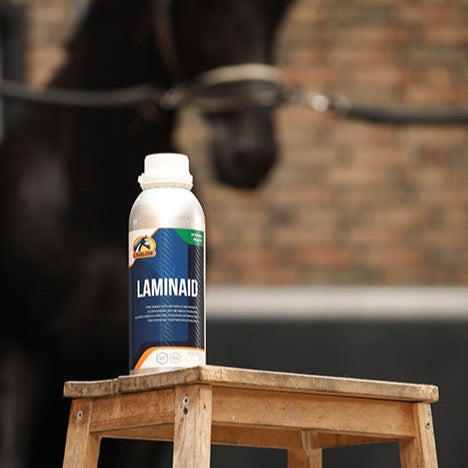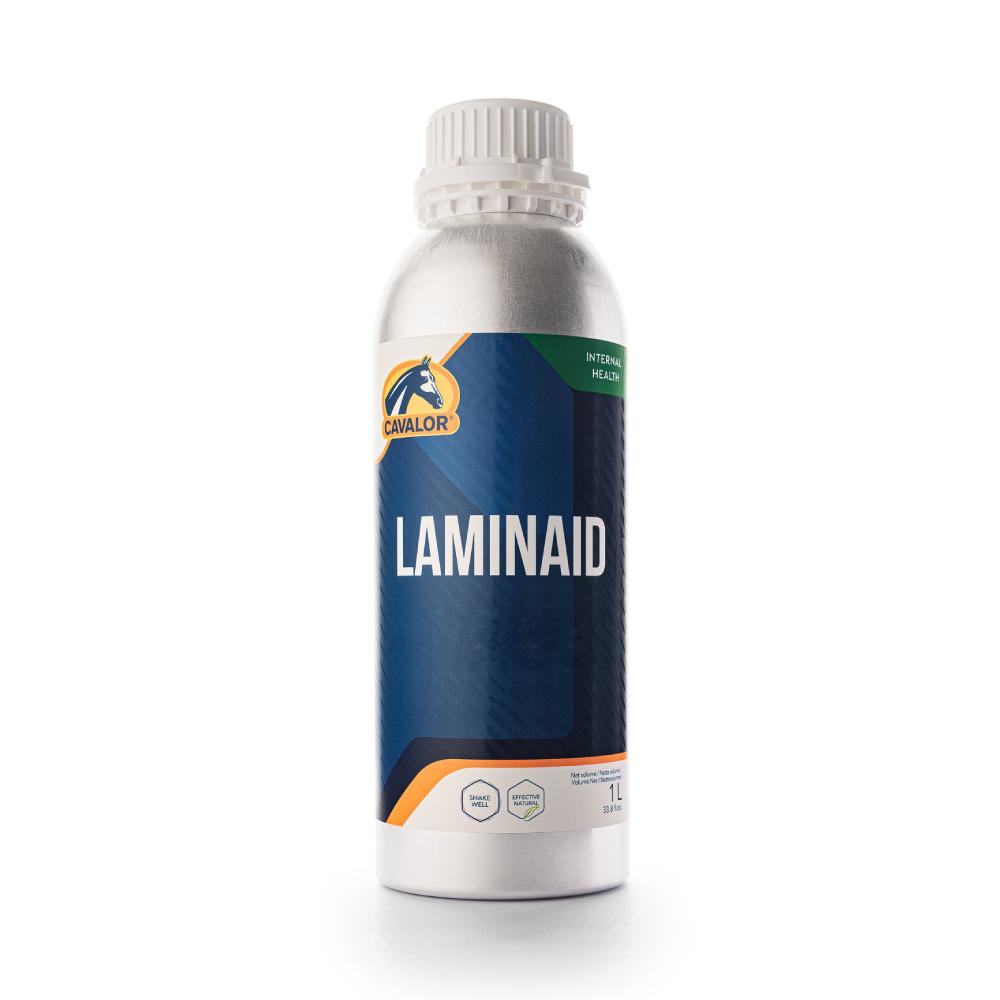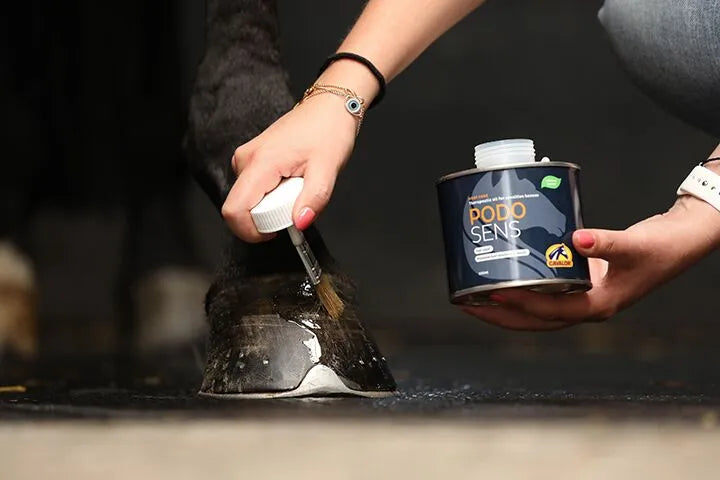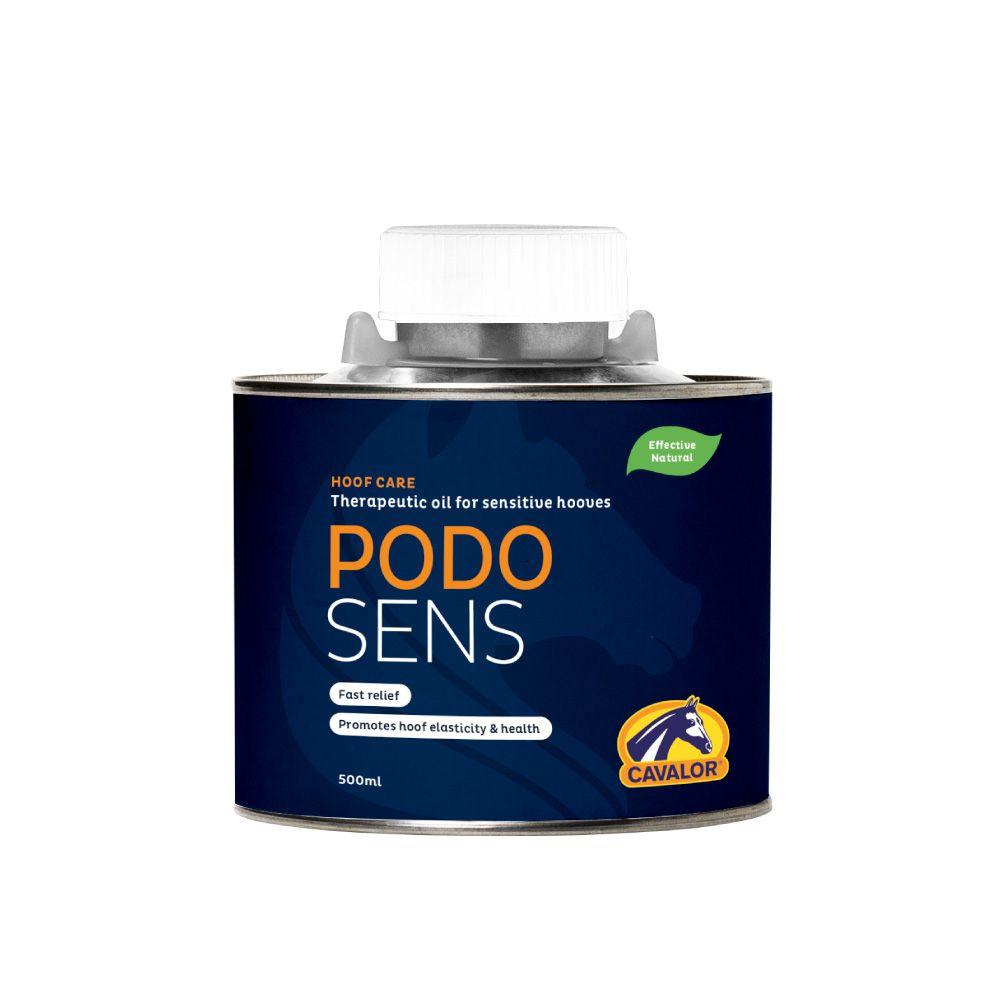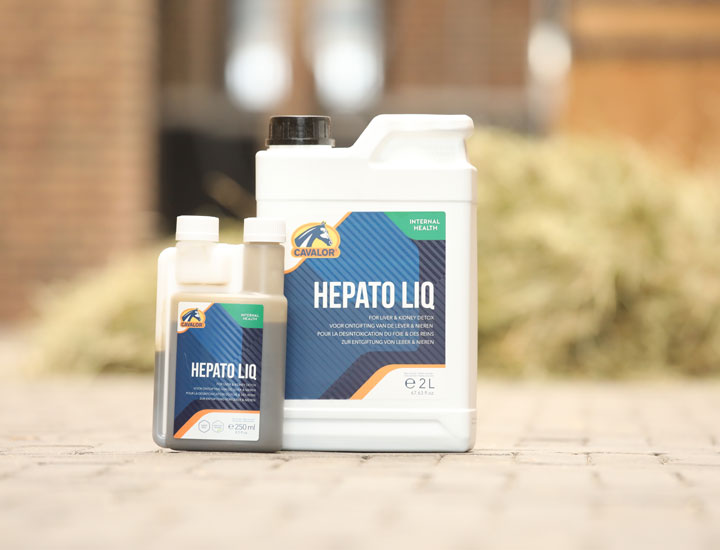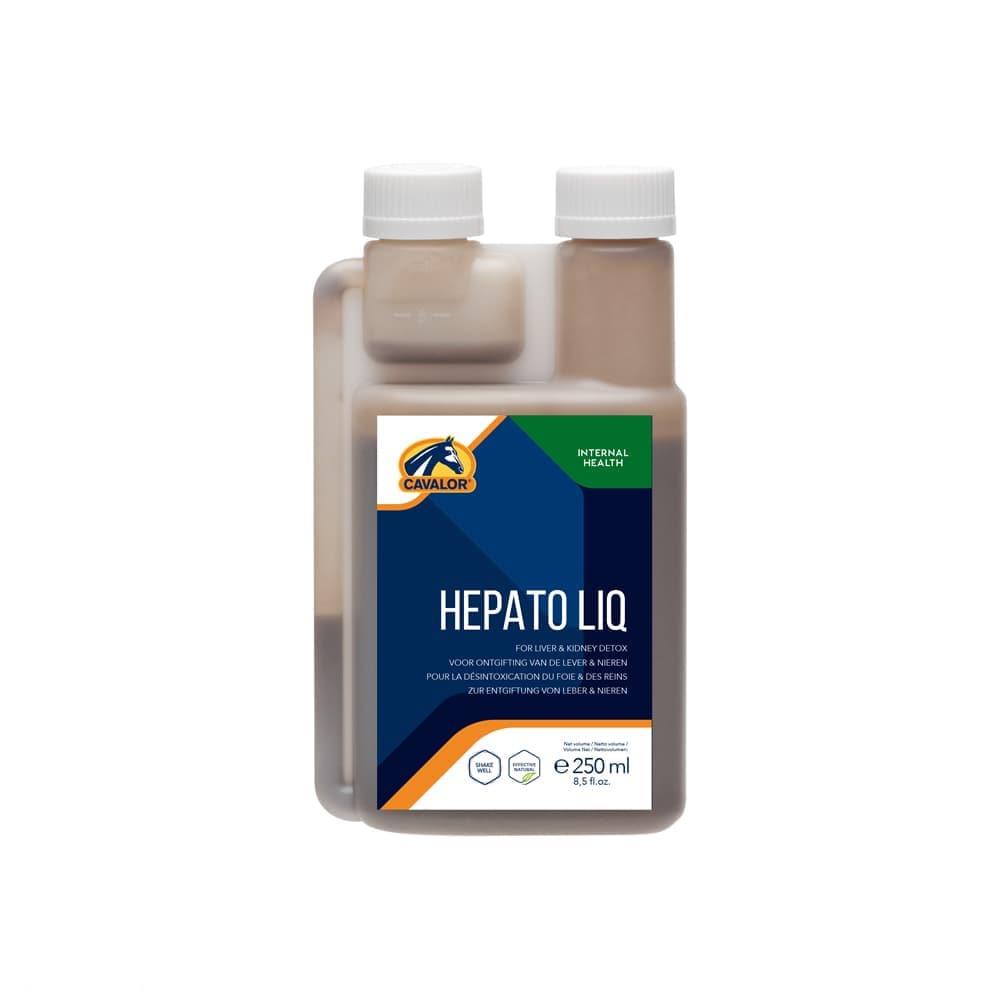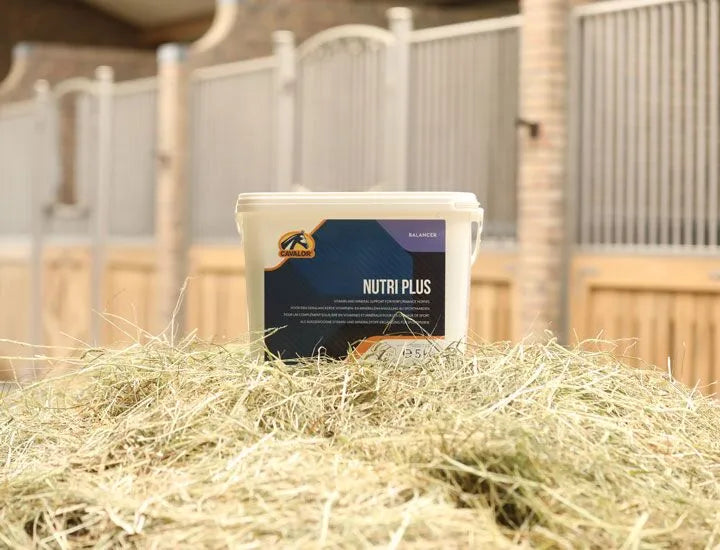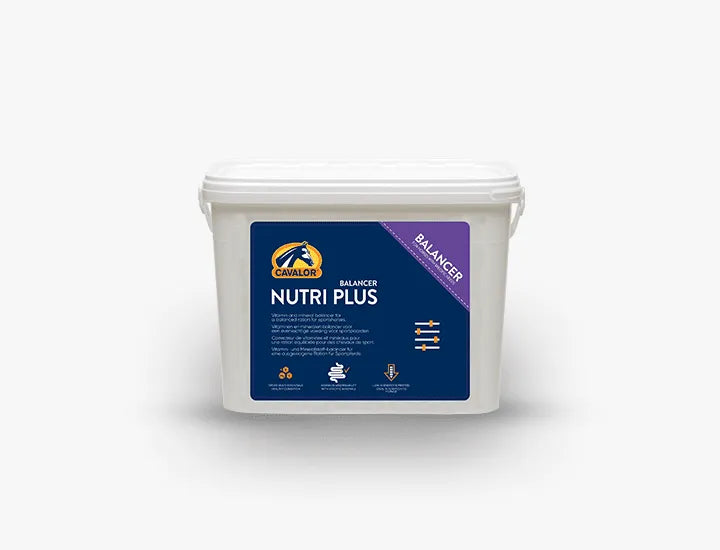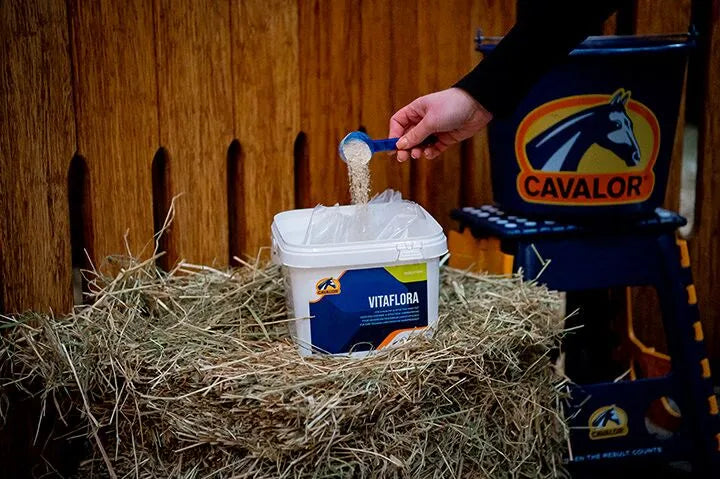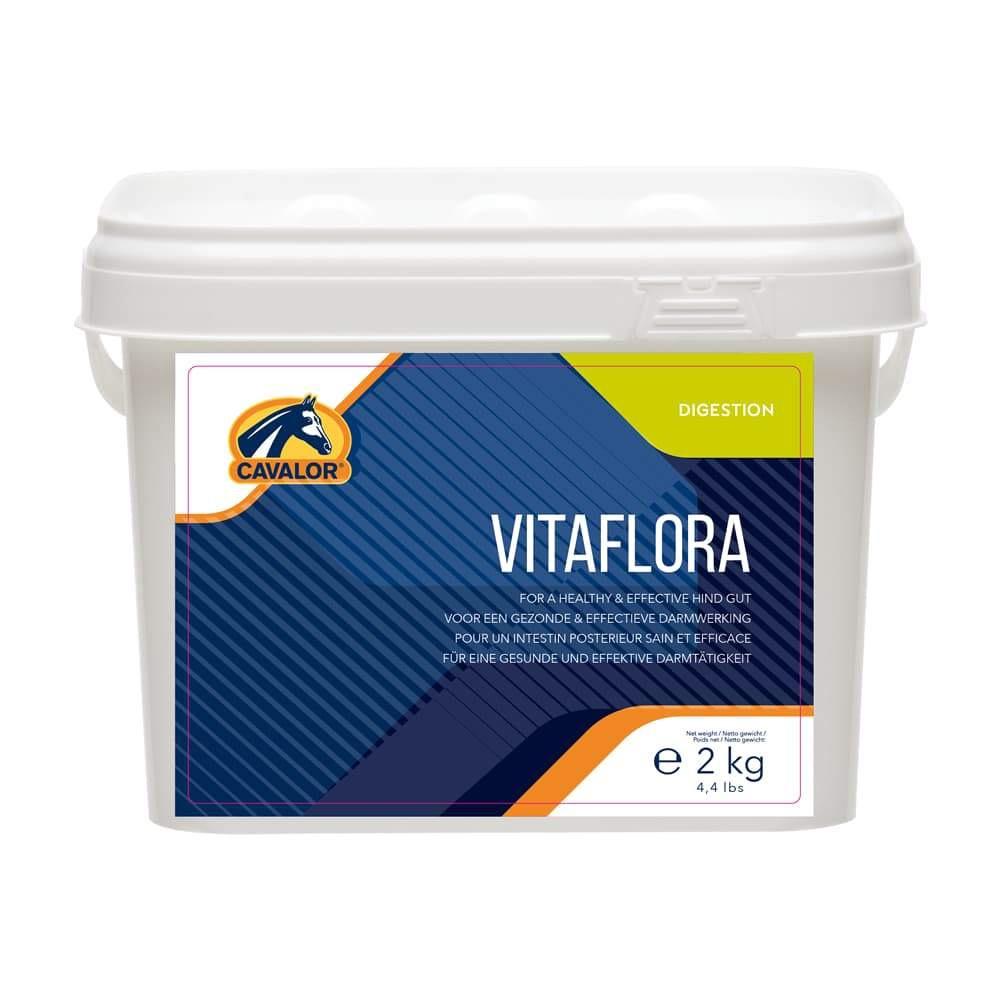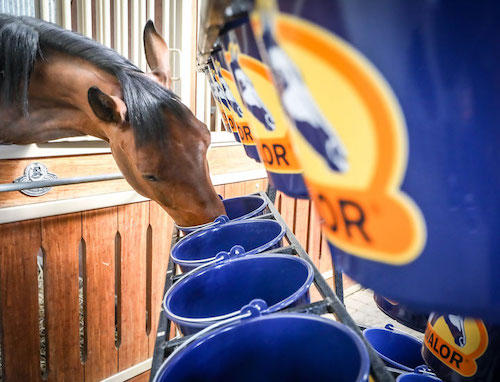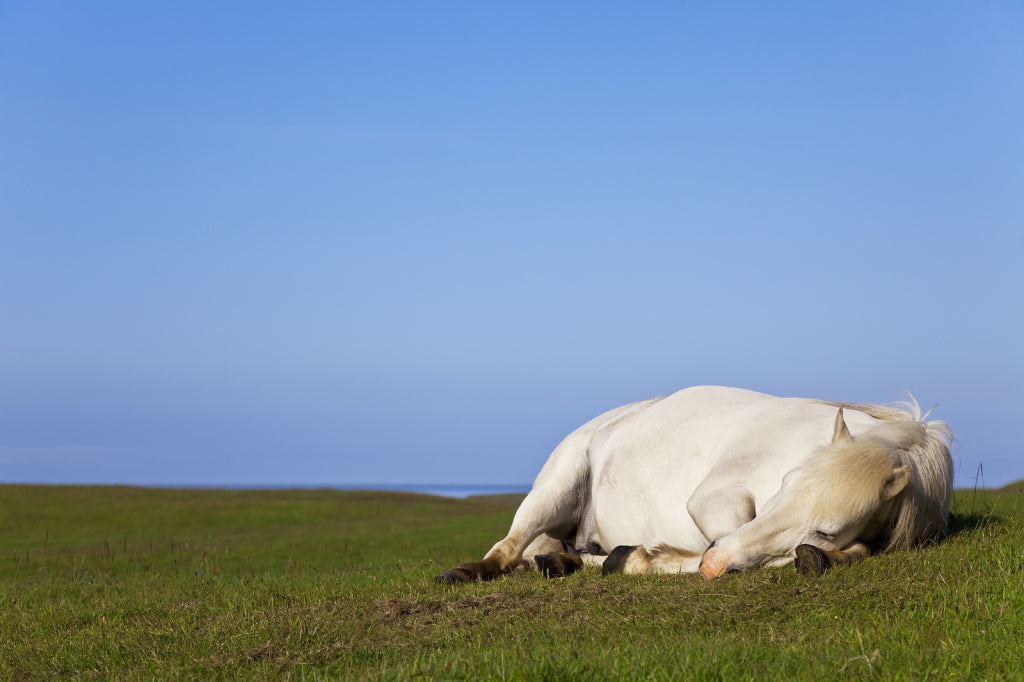
Caring For The Metabolically Challenged Horse

The Metabolic Horse
The term “metabolic horse” is more and more commonly heard in the equine industry due to a high prevalence of horses with conditions such as Equine Metabolic Syndrome (EMS), Pars Pituitary Intermedia dysfunction (PPID), Polysaccharide Storage Myopathy (PSSM), Insulin Resistance (IR), obesity and laminitis. “Metabolically challenged” simply means that the horse is in a physiological state where certain metabolic functions (e.g. nutrient metabolism, hormonal and immune function) are compromised, possibly leading to a variety of health issues.
Although a metabolic disease is what typically comes to mind when thinking of metabolically challenged horses, there are a variety of other, more subtle, conditions that may induce such a state.
For example aging horses, those recovering from surgery or horses undergoing some form of stress. A clear understanding of metabolic states in which the horse may need specialised management and nutrition is important to avoid health problems.
Health from the inside out will help your horse cope with everything life has to throw at it.
Make sure your horse has a diet tailored for their individual needs and your cupboard is stocked with topical products to deal with issues as they arise
understanding is key
All horses need sugar for general good health and performance. Sugar delivers energy that the muscles need to work properly. No sugar, no performance. For healthy horses, normal quantities of sugar present no problem. However, too much sugar is not good for anyone. Balance is key.
Sugar is found in every feed ration, even one that consists entirely of roughage, because sugar is present in grass. Therefore, every type of roughage and concentrate feed will contain sugar. Sugars are short-chained carbohydrates, as are starches. Carbohydrates are a horse’s major natural source of energy.
A horse’s body converts sugar (carbohydrates) into energy in several ways. Sugar consists of fructose and glucose. Fructose is broken down in the liver, whilst glucose is absorbed into the bloodstream. Glucose acts as a fuel for the muscles. We know, then, that horses need sugar to have enough energy for physical activity.
Sugar in and of itself is not dangerous for horses. The presence of carbohydrates in your horse’s feed is therefore logical and natural, but too much sugar can lead to health problems. An important rule of thumb: don’t give your horse more energy than it needs.
We’re committed to good health inside and out. Our products – nutrition, supplements and care products – reflect what your horse needs in every sporting achievement, stage of life or special need. Because horses that are happy and healthy are our most valuable asset.
